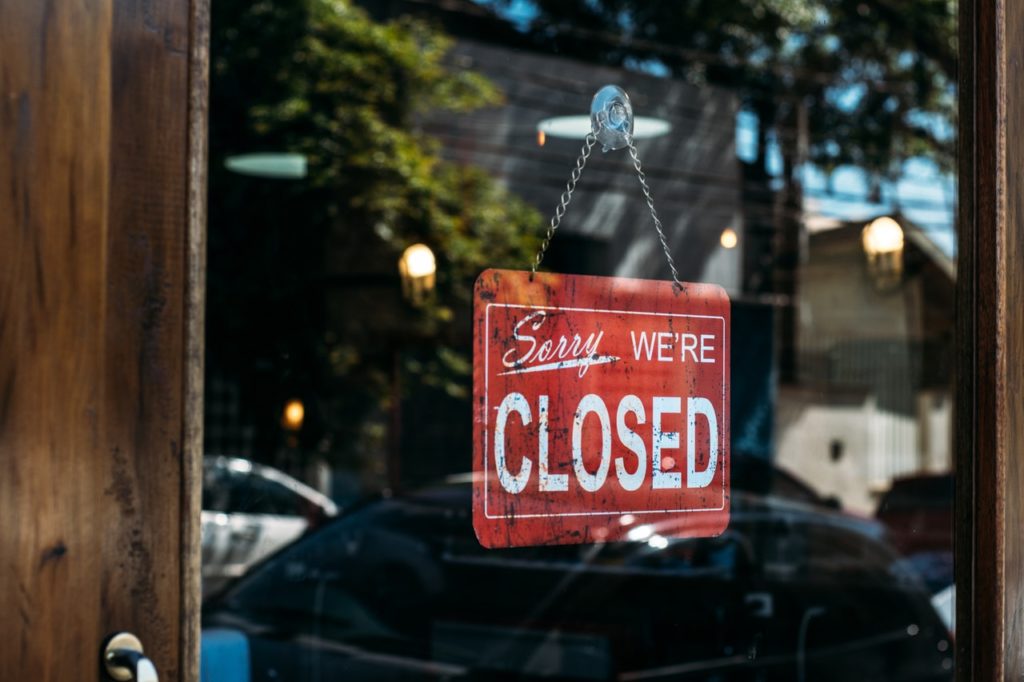From Furloughs to Public Charge, Here is How the Current Coronavirus Pandemic Might Affect Your Business and Your Employees

The coronavirus pandemic is creating a tremendous amount of uncertainty. This is especially true for U.S. visa holders who may be facing furloughs or reduced hours at their places of employment. You may have questions. Here are a few of the answers we recently shared with our clients.
What is the Impact of Reductions in Hours and Furloughs on my Foreign National Employees’ Immigration Status?
Across the U.S., employers are reducing hours, furloughing employees and even closing up shop as the coronavirus and restrictions associated with it impacts their businesses. Depending on what type of non-immigrant status you have, if your employer cuts your hours or furloughs you, it could have a significant negative impact on your immigration status.
Employers of workers with certain types of visas, such as a H-1B visas. Have prevailing wage obligations, which furloughs and a reduction in hours can prevent you from meeting. Even a company-wide furlough will not relieve the employer of this obligation. Therefore, if you have employees on H-1B, a furlough or a reduction in hours or salary can have a significant negative impact on their case.
There is a little more flexibility for those who hold visas that do not have a prevailing wage requirement. Such as, an O-1, TN, and L-1 visas. Adjustments to salary can usually be made without an amendment but if you are a full-time worker and hours drop below 35 hours per week, an amendment will likely be necessary.
Please be sure to speak with an immigration attorney before reducing hours, salaries or enacting furloughs. If you have any foreign nationals working for you.
What Else Do Employers of H-1B Visa Holders Need to Be Concerned About?
If your worksite must change, due to physical distancing rules. The Department of Labor (DOL) will allow you to work from somewhere that is within commuting distance, such as a home office. You likely do not need to file a new Labor Condition Application (LCA) or file an H1B amendment. However, you must provide an electronic or hard copy notice at the new worksite location for ten days as soon as practical, and no later than thirty days after moving to the new worksite. (Yes, if an employee is working from home, this means he or she will be posting inside their home!)
Numerous regulations must be satisfied if the worksite location is outside the area of intended employment listed on the LCA. You will likely need to file an amended H-1B petition for any employees in this situation.
Reduced salary could be allowable but they must still be equal to or higher than the applicable prevailing wage or the actual wage. Include any changes to wages in the next H-1B filing with the U.S. Citizenship and Immigration Services (USCIS).
Should My Employees Apply for Unemployment?
In many states you can qualify for unemployment. But, you should be aware that it can put your immigration status in jeopardy. If your status relies on you working such as H-1B, O-1, L-1, etc. You should not apply for unemployment as this would be a tacit admission to the government that you have violated your status.
If you do qualify for state unemployment benefits you must:
- Be authorized to work via an Employment Authorization Document (EAD) or similar authorization
- Have been working legally during your employment or what is known as your base period which varies by state,
- Continue to be authorized to work throughout the time you collect benefits.
There are many variations in these rules, depending on your specific circumstances. You may wish to contact an immigrtation attorney to assess your particular situation.
Do Unemployment Benefits Affect Public Charge Rules?
Public charge refers to someone who can be expected to receive public benefits in the future and can be used by the Department of Homeland Security (DHS) to deny legal status to immigrants. However, unemployment benefits, according to the USCIS. Are exempt from the public charge rules as are seeking medical or health benefits that relate to coronavirus. You may collect unemployment benefits and not put yourself at risk under the public charge rules; however, as noted above, if your status relies on you working, applying for unemployment can negatively impact your status. Be sure to speak with an immigration attorney before any employees apply for unemployment benefits.
We are happy to address any additional questions you may have about how changes to your employment circumstances in the current COVID-19 pandemic may affect you. Contact our attorneys for a free case evaluation.


